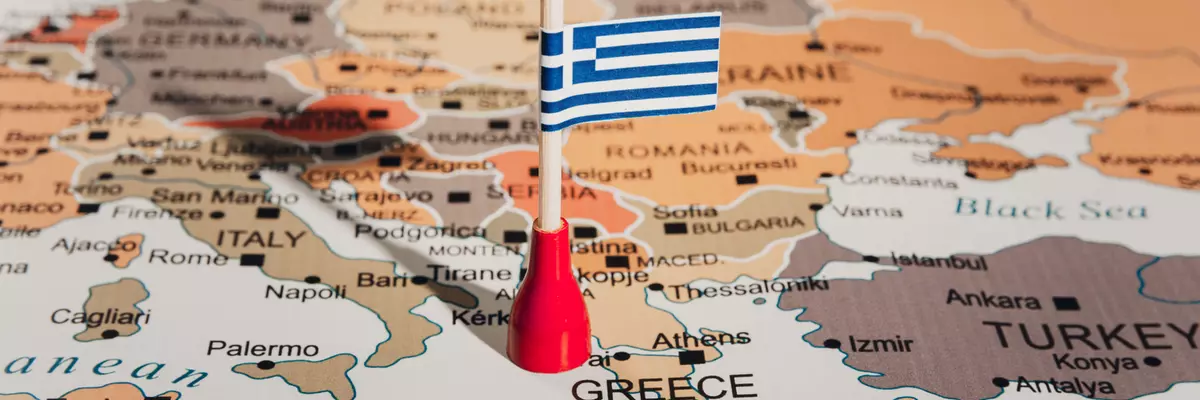The climate year of Greece
Due to its location between the 34th and 42nd parallel and between the Aegean, Ionian and Libyan Seas, Greece has a Mediterranean climate, although there are regional differences. Traveling through Greece is possible all year round, as even in winter the weather can be quite good and there are no long periods of bad weather. However, heavy rains can occur in the fall and winter, possibly even with flooding. If the tourist wants to be sure that there is not much rain in his travel time and almost always the sun shines, then the months of May to September are the best. A hiking vacation on Crete for example, is especially beautiful in spring, April and May, because then it blooms and sprouts all over the island. For a beach vacation, however, the sea is probably not yet at the right temperature.
General information about Greece
Ancient Greece was the cradle of civilization for Europe, because philosophy, medicine, mathematics and astronomy developed there very early and the city-states tested democratic forms of government even then. Today, the literature, art and philosophy of the ancient Greeks are still of great importance to the modern world. Thus, a project like the Acropolis could only have been built in Greece when there were still plenty of deities living on the plateau. On the southern slope of the Athens Acropolis lies the Dionysus Theater, which was the most important theater in ancient Greece and is considered the birthplace of theater and drama. On high cliffs in Thessaly stand the impressive Metéora monasteries with frescoes from the 14th and 16th centuries and no one can understand under what difficult conditions the monasteries were built up there.
Tourism Greece
In all of Greece the summers are hot and dry, on the Peloponnese and Crete in the south this is already true in June and not a drop of rain falls, which again and again leads to severe forest fires. On the east and north coast the hot temperatures are better to bear, because there a fresh wind provides a little cooling. Overall, it is more humid in the north and west of Greece than on the southern islands and in the interior of the country there are heavy thunderstorms with heavy rainfall in the summer. The best time for sailing is from April to October, after which storms can occur and those who want to ski in Greece will find plenty of snow in the mountains from December to March. Snow also falls in the winter months in Crete in the higher regions, in the plains and on the mainland it turns into rain, as there are maximum temperatures of twelve degrees and minimum temperatures of four degrees. Greece has the mildest winters on the Aegean and Ionian islands.




